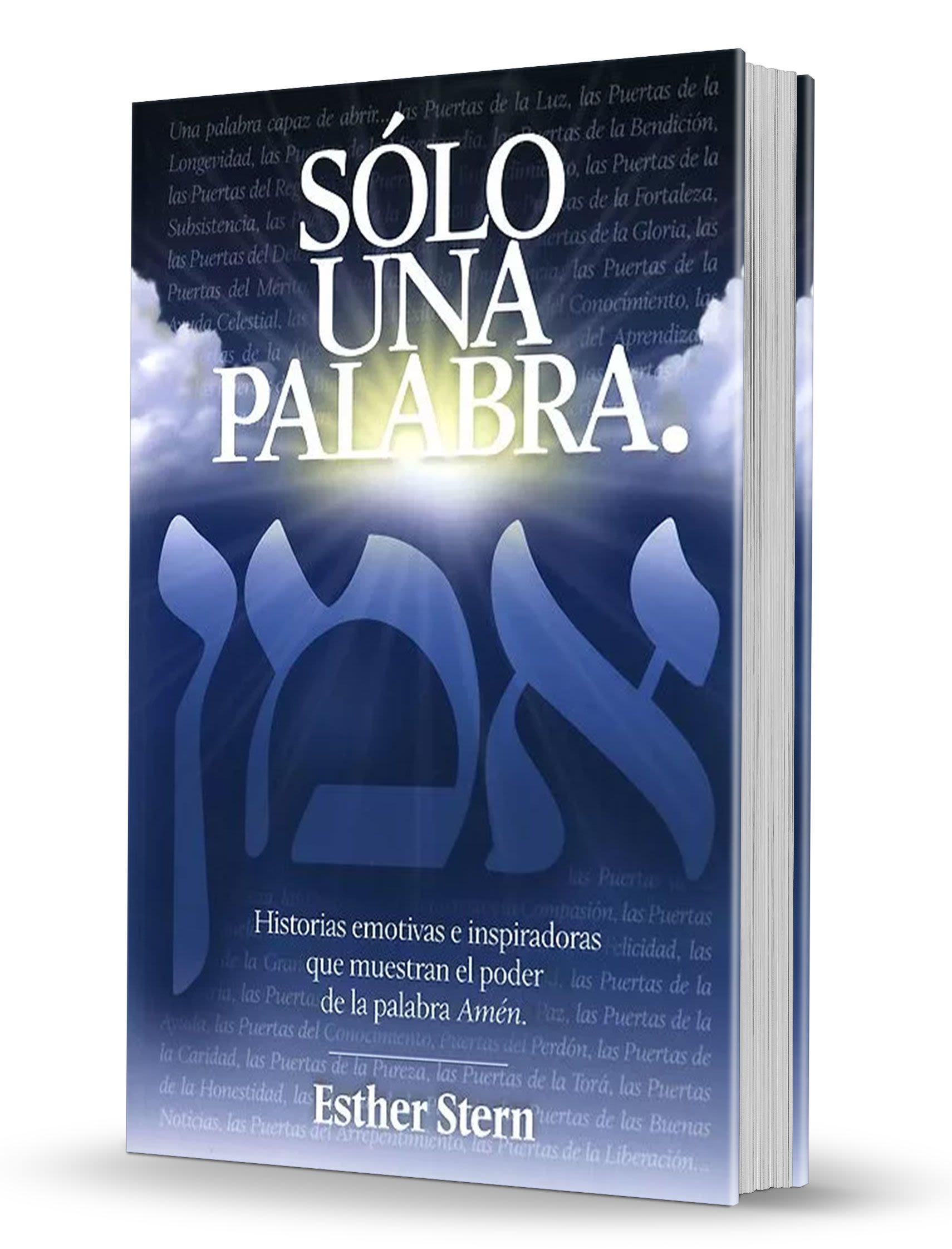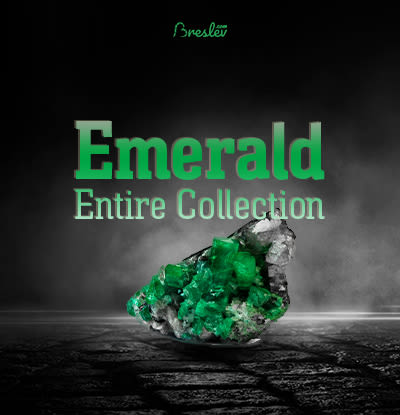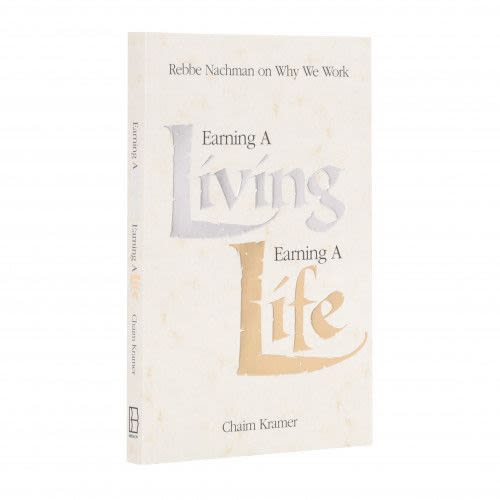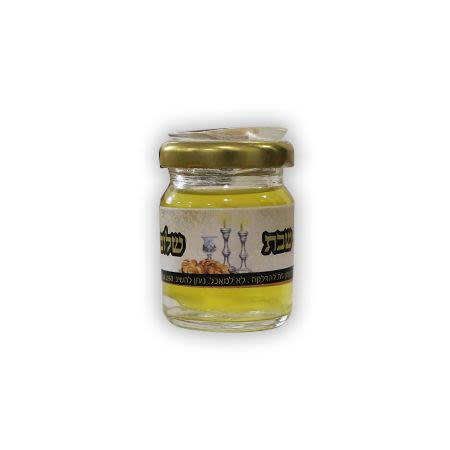
Who Am I?
We are not our profession, job, or title. We are not our bodies. We are not our garments. We are not our physical appearance. We are not what other people think of us…

The question “Who Am I?” is a lead-in to defining our core being. First, however, we need to peel off the layers of who we are not: We are not our profession, job, or title. We are not our bodies. We are not our garments. We are not our physical appearance. We are not what other people think of us. We are not our personalities. We are not the roles we play. We are not our thoughts or our speech. We are not the things we accomplish, our successes, or our failures.
So what do all these things that we are not have in common?
The commonality is that all of them are mutable—they change over time. Because they change, they do not define us no matter if some of them appear as if they might. Certainly, when we speak, we give over an impression to others. If we have adopted a rough, crude way of presenting ourselves, others might define or label us as vulgar or unrefined, but this is the persona we have chosen to display. This coarse, undignified, and unsophisticated shell can be refined with effort. Anything that is capable of change and of transformation does not define us because of its impermanence. So we ask, “Is there anything permanent about us?” The answer is “Yes, our very being is permanent and lasts forever.” The real you is eternal.
Some people believe that we are comprised of a soul and a body and that they exist on equal ground. This is not true on two counts. First, since the body is corporeal and impermanent, its value is not as great as that of the soul. Second, we do not have a soul but rather we are a soul, a tiny spark of Hashem. We  are souls encased in bodies, which can be illustrated by the relationship of a driver to his car. If we possess a car, we use it, take care of it, and respect it because it takes us where we need or want to go, but we are not our car. To identify with the car is shallow and illogical. The same can be said of our bodies. They take us where we need to go. They also have the capability of assisting us to elevate the physical environment in which we live to be at a level of our real self, which is our soul. It is our soul, which is eternal, that we need to honor, to follow, and to nurture, because it will remain when everything else changes or no longer exists. Our bodies are like vehicles to be nourished so that they help us perform our task in this world.
are souls encased in bodies, which can be illustrated by the relationship of a driver to his car. If we possess a car, we use it, take care of it, and respect it because it takes us where we need or want to go, but we are not our car. To identify with the car is shallow and illogical. The same can be said of our bodies. They take us where we need to go. They also have the capability of assisting us to elevate the physical environment in which we live to be at a level of our real self, which is our soul. It is our soul, which is eternal, that we need to honor, to follow, and to nurture, because it will remain when everything else changes or no longer exists. Our bodies are like vehicles to be nourished so that they help us perform our task in this world.
Our soul is a piece of G-d, of the Almighty, and its voice is “still and small”, but we can hear it if we pay attention. Because G-d wants us to live according to our soul, He is constantly sending us messages to help us do so. G-d has many human messengers who speak to us on a daily basis. When we talk to Him in personal prayer, He often answers us by putting thoughts in our minds or sending us an often unexpected message via technology, the printed word, or a person we know. When we understand the needs of our souls, we are better able to interpret the messages on a much deeper, more profound, and life enhancing level.
For example, one story I’ve heard several times involves the great rabbinic sage Yisroel of Salant ob”m who lived in the 1800s. One night he was visiting a shoemaker, who was working very late, toiling on a pair of shoes. The candle that lit the room was flickering as the wax was being consumed. Rabbi Salanter noticed that the candle was about to go out and how the shoemaker was so engrossed in continuing his work, so he asked him why he was still working when the candle was about to go out. The shoemaker’s answer resonated deeply with the rabbi. The shoemaker said, “As long as the candle is burning, it is still possible to mend.”
Although on a surface level it may appear that the shoemaker was referring to the fact that he was intent on his craft and on fixing the pair of shoes upon which he was working, the rabbi intuited a far deeper message. That message is relevant for all time. It is: “As long as there is life (the candle is burning), it is possible to change, to fix, to repair (ie., ‘mend”).” We can all apply this to our own lives: To live by what the soul desires. In order to do this, our focus must be on others—-on strengthening and repairing relationships with those who have drifted away and from whom we have become estranged, to make peace with those who may have a gruff exterior, to work on our own character traits, to respond calmly to adversity, and to be willing to help those in need. This is an example of how a person whose is connected to their soul would interpret a comment like that of the shoemaker.
When we start listening to the voice and the needs of our soul, of our essence, our choices will improve. Then the quality of our lives will reflect the fact that our responses, our understanding, and our decisions have become more aligned with the truth of our existence. May we all strive to live according to our soul purpose and be aware of Hashem’s constant communication to help us live more congruent, meaningful and connected lives.












Tell us what you think!
Thank you for your comment!
It will be published after approval by the Editor.